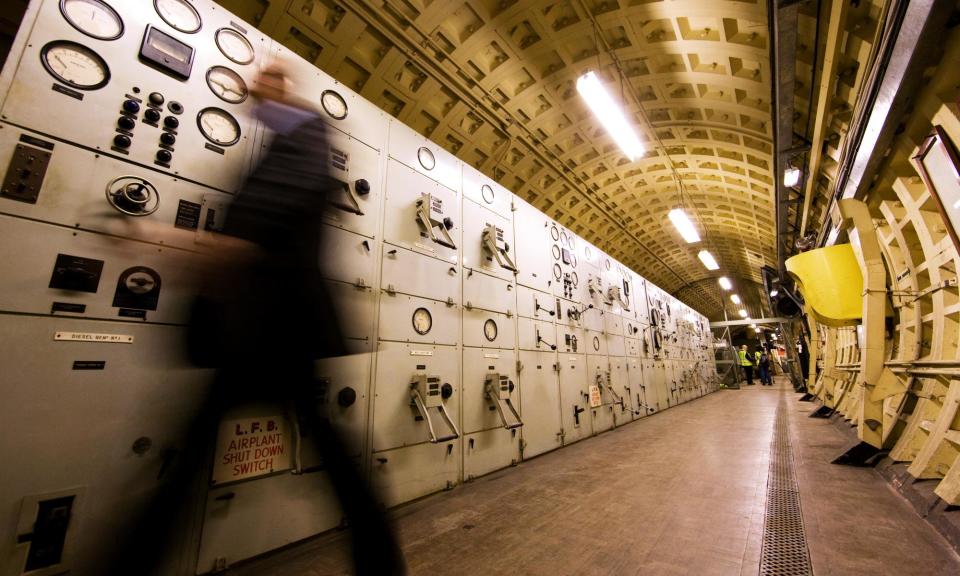London Tunnels moves IPO plan to Amsterdam in blow to UK markets

London Tunnels, which aims to convert an abandoned underground network into a tourist attraction, has ditched plans to float in the capital, instead opting to list in Amsterdam.
The company aims to make the Kingsway exchange tunnels, a network of 8,000 sq metres under Holborn in central London, into a new attraction that will bring in 2 million visitors a year.
The group revealed on Monday that it hoped to raise £30m by listing on Euronext Amsterdam, saying it could make the most of the size and scale of the equity and capital markets of Europe by listing in the Dutch capital.
Related: ‘My studio costs half my income’: can British art survive soaring rents and property developers?
The decision comes after the company sent papers to the London Stock Exchange (LSE) in January outlining its intention to float in the capital.
At the time, its chief executive, Angus Murray, said: “This unique set of tunnels, owned by a British company, built by the British government, for the defence of Britain, that can further enhance London’s reputation as a leading tourist destination, should be listed in London.”
The change of heart by the company is the latest blow to the LSE after a number of high-profile companies opted to list in Europe and the US ahead of London in recent months.
In May, the Paddy Power owner, Flutter, announced its decision to switch its primary listing to New York, while the UK chip designer Arm opted to list on Wall Street last August after the government failed to convince it to float in London.
However, this has been partly offset by big players such as the fashion retail company Shein and Raspberry Pi announcing plans to list on the LSE.
The Kingsway tunnels were built in the early 1940s to shelter up to 8,000 people during the blitz but were never used for this purpose.
Instead, the Special Operations Executive, responsible for organising espionage and sabotage operations in German-occupied Europe, moved in during the final two years of the war and is thought to be the inspiration for the Q branch in Ian Fleming’s James Bond novels.
The tunnels later housed the first secure transatlantic telephone cable, which ran a hotline that connected the White House and the Kremlin during the cold war, before ownership was transferred to British Telecom (BT) in 1981.
London Tunnels has agreed to buy the site from BT next year and intends to open the attraction in 2027, including exhibits celebrating the history of the tunnels, as well as reinstating the city’s deepest London bar, which closed in the 1980s.
However, the float prospectus lists a number of risk factors to the project, including the warning that plans could be delayed if it cannot get the full planning permission it needs.
Last month, it secured the planning green light from the City of London Corporation but is still awaiting planning signoff from the London borough of Camden.
The list also includes risks around whether the structural integrity of the tunnels is affected by their age, the possibility that the removal of asbestos from the tunnels may take longer than expected, and that the company may be unable to complete the acquisition of the leasehold on the agreed date of 30 June next year.
Explaining its decision for moving the listing, London Tunnels said it could meet the £20m to £30m needed over the first few years of development. It added that it would then look to raise a further £120m in debt and equity to make the tunnels operational.

 Yahoo Finance
Yahoo Finance 